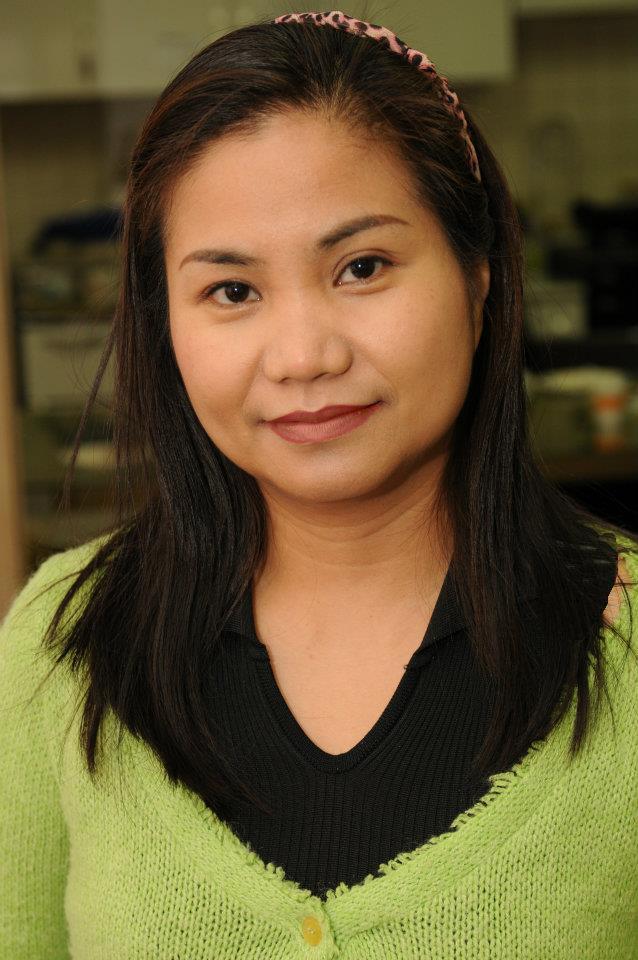It has been less than a decade since multiculturalism entered the policy lexicon in a notoriously homogeneous Korea. The word connotative of tolerance, openness and sympathy now faces criticism and calls for abrogation, coming from none other than the people supposed to benefit from it.
“We are treated differently because the government has named us ‘damunhwa’ (multiculturalism in Korean) people and defined us as people who need help,” Kim Nancy de Vera, president of Asia Women’s Community, said in an interview with The Korea Herald.
 |
Kim Nancy de Vera, president of Asia Women’s Community (AWC) |
The chief of Korea’s first nongovernmental organization led by immigrant spouses urged the government to stop labeling ethnic minorities “damunhwa,” which in effect symbolically and psychologically segregates ― in contrast to its original intent.
“Going on free trips to Everland amusement park with other multiethnic kids is fun but our kids would love to interact and play with other Korean kids as well,” she said.
“Instead of treating the ‘damunhwa’ people to free trips, we’d appreciate if the government will teach all the kids and the teachers about human rights. We just want to become equal citizens and have normal lives,” she said.
The group is one of a growing number of associations of immigrants coming forward to protect their and their children’s rights.
“We want to protect our children from school bullying and help them build self-esteem. Foreign wives also need our help because many are exposed to domestic violence and forced to obey their Korean spouses and in-laws,” she said.
Many immigrant spouses move to Korea to pursue better lives, she said. But their dreams are often broken because some partners and families make “irrational demands” such as forcing them to stay at home all the time and to consult with in-laws on intimate matters like having babies.
In the hope of raising migrants’ voice on human rights issues involving foreign wives and their children, Kim and her colleagues registered the community as an NGO last month.
It currently has about 100 members and runs cultural classes for Koreans married to foreign spouses and also for multiracial children to help them better adjust at schools.
The community also supports immigrant spouses to engage more with their children’s school lives. It also holds small festivals and family-bonding events for members and their families.
“Many multiracial children are reluctant to tell their parents about their problems because their mothers don’t speak Korean fluently enough to discuss the matter with teachers or with other parents,” she said.
By Cho Chung-un (
christory@heraldcorp.com)








